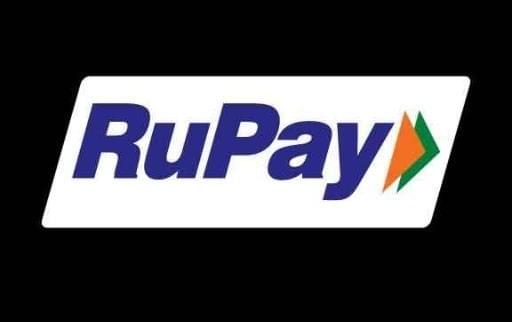Insta
Exporting Good Ideas: India May Help Other Countries Develop Their Own Version Of RuPay
Swarajya Staff
Sep 26, 2016, 07:14 PM | Updated 07:14 PM IST
Save & read from anywhere!
Bookmark stories for easy access on any device or the Swarajya app.


The National Payments Corporation of India (NPCI) is the umbrella organisation for retail payments in the country. One of the projects it oversees is the RuPay electronic payments system.
Now, the RuPay card seems on its way to challenge the hegemony of Visa and MasterCard, who offer the same service. According to this report in the Economic Times, countries in Asia and Africa may soon enlist the help of NPCI to develop their own payment systems similar to RuPay. Already, the NPCI has hosted delegates from Thailand and Tanzania.
If these projects actually materialise, then the NPCI would not only have strengthened the domestic economic infrastructure of India, but of other countries as well.
In the history of technology, this is the age of the platform. Those who create and own technology platforms, like the RuPay, will walk away with the lion’s share of the economic benefits. This is why Google is valued at $540 billion, Apple at $600 billion and Facebook and Amazon at $360 billion each.
A platform is a compelling technology network that users can’t afford to be without. It enables thousands of other businesses and software developers to attach themselves to it. As users and developers increase, they make the platform even more invincible. Once a platform achieves a critical mass of converts, network effects ensure that it keeps growing.
India and NPCI shouldn’t let go of this chance of leading the way in the creation of payment platforms in developing and middle income countries.
This piece borrows from this article published in Swarajya on 15 September, 2016.





